#Oil
TTAC Giveaway: Quaker State Oil (and Swag)
Hey there! We know a lot of you are car enthusiasts who keep up to date on your oil changes. Well, for those of you like to maintain your rides, we’re going to help you out with a giveaway of some Quaker State products.
And some swag, too.
American Fuel Consumption Goes Down, Prices Do Not
Fuel prices have been climbing this year and continue to do so. However, consumer demand can no longer be blamed as we enter into the autumn months when consumption consistently drops. The Energy Information Administration (EIA) estimates that Americans were burning through a million fewer barrels of oil last week than they were the week before.
What isn’t dropping is oil prices and that seems to be making all the difference.
Opinion: Blaming Rising Fuel Prices on High Temps is Dumb
With average fuel prices creeping back up, you’ve undoubtedly seen a slew of articles trying to explain why. The trend seems to be to just blame it on warm weather.
Over the past week, countless media outlets published stories about how oil refineries have had to scale back production targets to contend with exceedingly high temperatures. But is this really the keystone issue for why you’re once again contending with undesirable fuel prices?
Cary's Garage: Through Thick and Thin
I had a friend ask me recently about my experience with older air-cooled vehicles and what my feeling about the right oil weight to run was. Well, I have driven air-cooled vehicles for many years and many thousands of miles and have experimented with oil to see what had the best results.
California Seeking to Fine Companies Over Gasoline Price Gouging
Despite the perpetual ebb and flow of fuel prices across the United States, you can reliably count on California having some of the highest per-gallon costs in the nation. While that’s not entirely the fault of energy companies – California’s high tax rate on just about everything is a major factor here – oil firms are indeed raking in unprecedented profits right now and the government would much rather you focus on that than any role it might have likewise played. To that effect, Governor Gavin Newsom has announced new financial penalties for corporations accused of price-gouging wherever fueling is concerned.
Gas War: Russian Oil Now Under New Embargo
With the Russo-Ukrainian War ongoing, sanctions against Russia have become increasingly common. Western nations are casting a wide net in the hopes that bankrupting Russian businesses will destabilize the country and nullify its ability to wage war. The newest financial offensive is here and it’s a big one. As of December 5th, the European Union and G7 countries have decided to cap Russian oil in the hope of reducing Moscow's export revenues.
Gas War: Biden Admin Lifting Oil Sanctions On Venezuela
The United States is rethinking its relationship with oil producers in Venezuela and lifting sanctions. On Saturday, The Treasury Department said it would allow Chevron to produce and export oil from the region if the country agreed to restart diplomatic talks with opposition groups. The theory that U.S. leadership wants to see more oil produced to help drive down prices appears valid. But the resulting action still seems at odds with the Biden administration’s lofty environmental goals and is unlikely to move the needle on fuel pricing anytime soon.
Energy Company Warns Diesel Situation 'Rapidly Devolving'
Following news that the U.S. diesel supply has sunk below 25 days, Mansfield Energy issued an alert pertaining to shortages in the southeastern region of the country. While no direct reasons were given, the company noted that diesel reserves have been holding at historic lows throughout most of this year.
Bad News About the U.S. Diesel Supply
Over the summer, the United States witnessed record fuel prices. But the elephant in the room wasn’t how much people were having to pay for regular unleaded gasoline, it was the possibility that the nation might run into diesel shortages going into the fall.
U.S. Government Cancels Oil and Gas Leases Amid Record Fuel Prices
Despite the United States confronting some of the highest energy prices in its history, the Biden administration has canceled oil and gas lease sales in the Gulf of Mexico and Alaska’s Cook Inlet.
According to the American Automobile Association (AAA), national fuel prices are averaging out to a whopping $4.43 per gallon of regular gasoline. Diesel is much higher at $5.56 and is speculated to endure mass shortages in the coming months as reports from the Northeast have indicated there are already seeing record-low inventories. Over the past twelve months, fuel prices have risen by nearly $1.50 per gallon and most market analysts expect rates to continue moving upwards through the summer. Though they’re not all in agreement as to who should be blamed for our current predicament.
Rising Fuel Prices Have Upended the Economy
Unless you’ve spent the last twelve months locked inside your home, then you’re probably dreading the next trip to the gas station. The average price for a gallon of 87 octanes has reached $3.40 in the United States. That’s about 50 percent steeper than it was at the start of 2021 and undoubtedly more than you’re wanting to shell out today. Though one cannot ignore the dizzying rates being advertised outside of British “petroleum parlors” or France’s many “un bordel pour voitures.” Canadians are also forced to endure higher gasoline prices, as the government tends to stack the taxes a little higher and the U.S. dollar tends to be more valuable. At least for now.
All you need to know for the purposes of this article is that fuel prices are up and it’s influencing the economy in some pretty dramatic ways.
We Ran Out of Fuel on the East Coast
With the Colonial Pipeline shut down due to last week’s ransom hacking, the Eastern United States has found itself running out of fuel. The line was shut down on Friday as a precaution and we’ve since learned that it’s not going to be reopened until this weekend — and maybe not even then.
While this has left some of us with fuel prices creeping aggressively toward $3 per gallon, other parts of the East Coast have seen panic buying and legitimate outages. But it’s hardly surprising when you consider the Colonial Pipeline is the country’s largest. Turning off the tap has ramifications and they’re manifesting all across the coast, though the situation appears to be substantially worse in southern states.
Sit on It: Foam Shortage Concerning Suppliers
You’ve no doubt heard about the chip shortage sweeping the automotive industry. But have you heard of the foam shortage? That’s right, there’s a dazzling new deficit of supplies in the manufacturing sector and it’s affecting your seats. The semiconductor crisis is so winter. Next season’s hottest supply trend involves those lovely little petrochemicals necessary for foam production.
Texas storms that left millions without power last month, during one of the coldest winters in the region, could have reportedly shorted oil refinery output to a worrying degree. There is now an underabundance of refinery byproducts used to make propylene oxide, which is required to produce polyurethane foam, which is used to manufacture car seats.
There's Little Reason to Hunt for Fresh Oil in 2020
Ever since the first major oil fields were discovered at the start of the 20th century, the world has been on a never-ending hunt to see where else black gold might be hiding. Monetizing seepage areas goes back even further. But with global oil demand having dissipated on account of the pandemic, there’s little reason to spend cash on additional procurement.
Combine that with the green movement doing everything it can to convince governments there’s only one ethical way to handle energy, and we’re likely to be moving into an era where fossil fuels sell for less but cost more to harvest/utilize thanks to carbon emission regulations.
This has left oil companies pondering the true value of seeking new sources of oil, with some having already decided there’s no point.
Your Opinion Is Now Worth More Than a Barrel of Oil
While OPEC member states and other oil-producing counties have signed a pact to stem the flow of crude by 10 million barrels a day and hopefully rein in the current price-crashing glut, the situation remains bleak for oil producers around the world. On Monday, May futures for West Texas Intermediate (WTI) dropped to the floor, with prices hitting $5 per barrel.
That number shifted into the negative* as the above paragraph was being written. We’re guessing that’s because the end of the May contract forces physical receipts at a time when storage capacities are basically nonexistent. June WTI prices are still riding just below $23 per barrel.
Meanwhile, Brent Crude is hovering around $26 bbl as the OPEC Basket hangs onto $17.73 bbl on a 4-day delay. The assumption is that both will come down, though perhaps not as dramatically as WTI did.




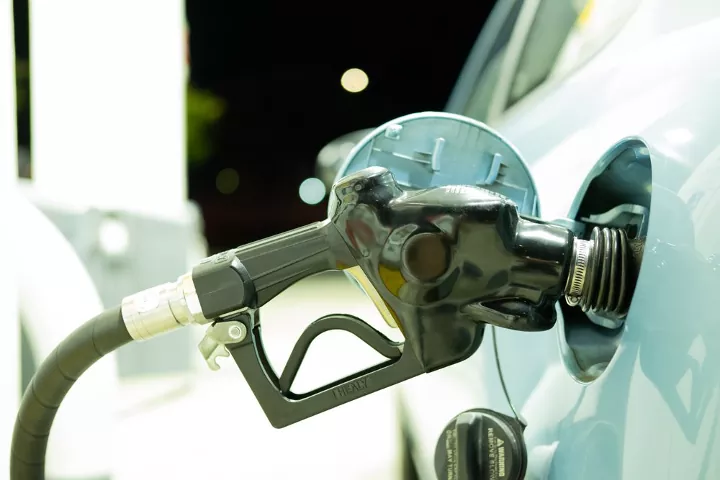


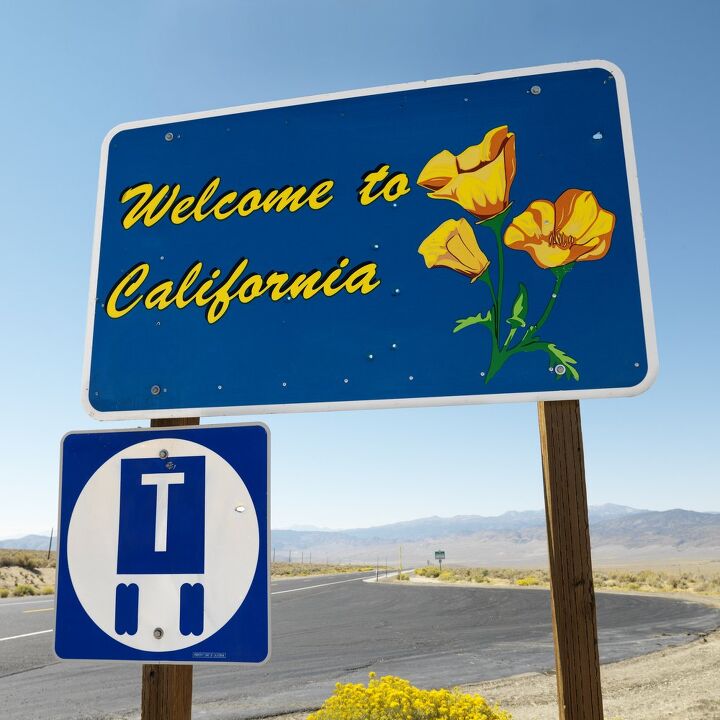
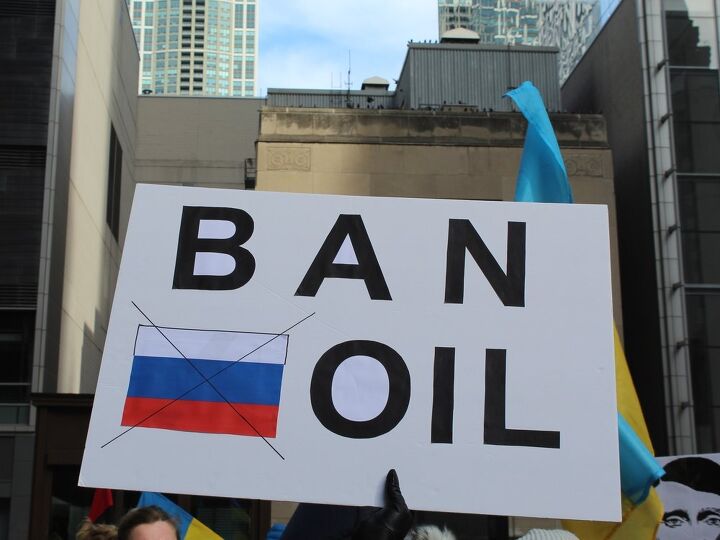
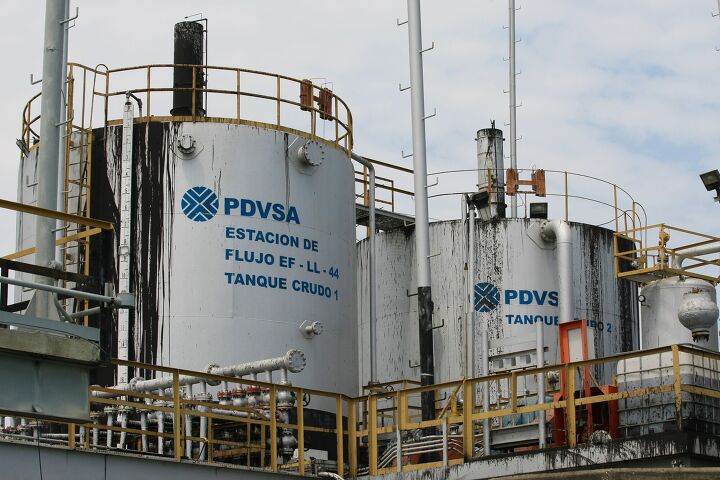
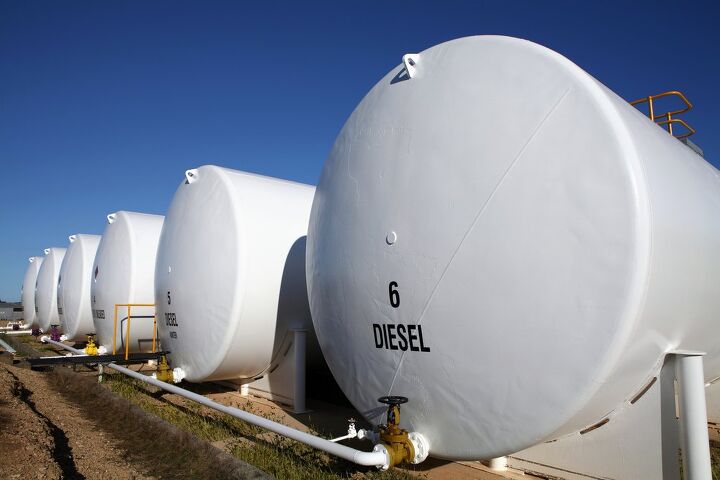
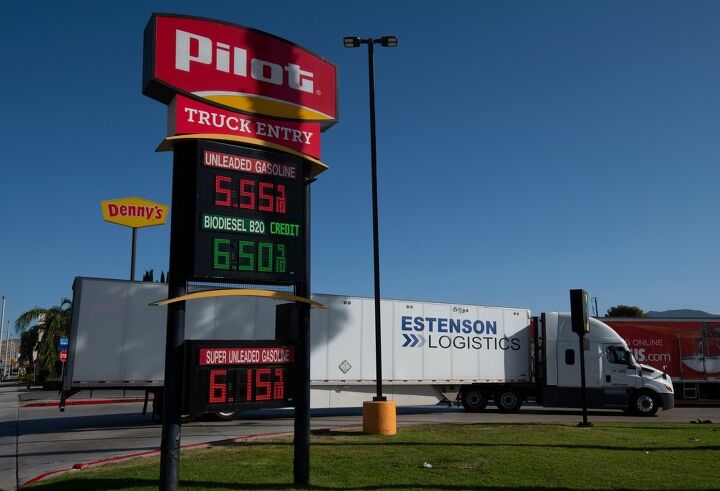
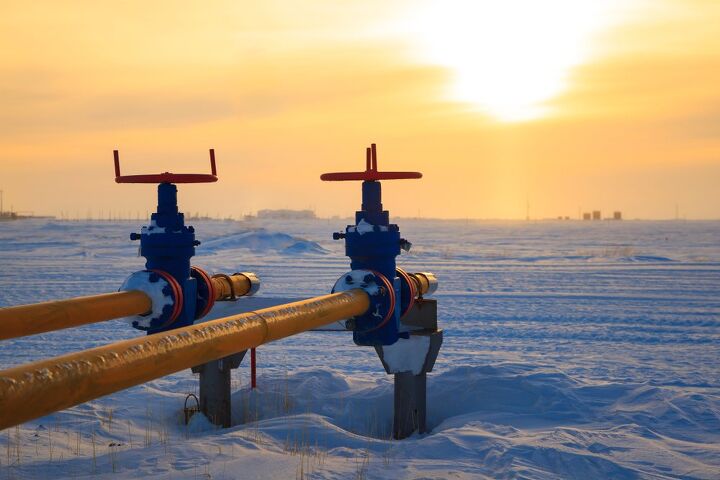
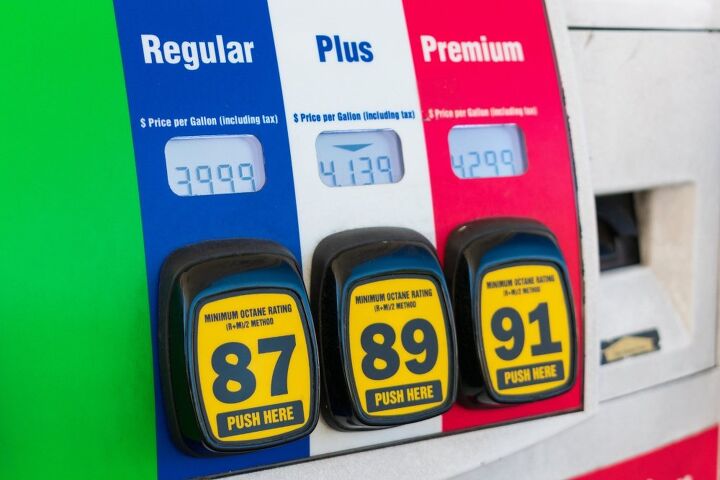

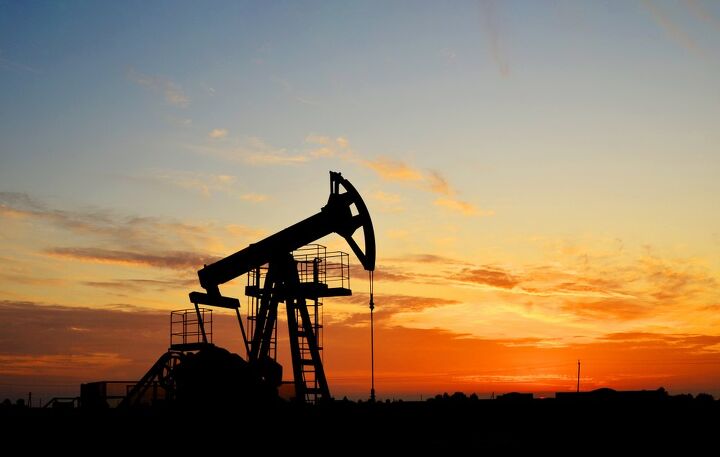













Recent Comments